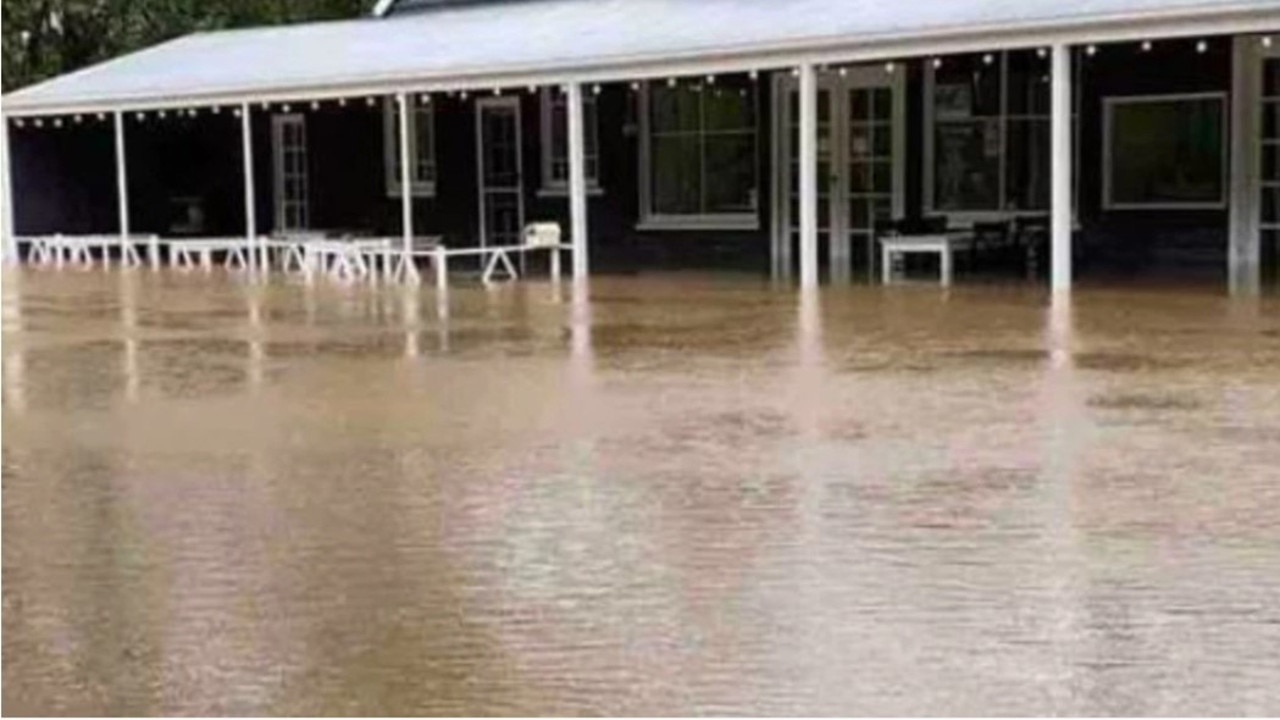Sydney start-up Vantari VR signs partnerships with hospitals to use virtual training to erase errors
Two doctors who noticed a gap in the market for how medical students are trained created a virtual reality program now being rolled out at major hospitals.
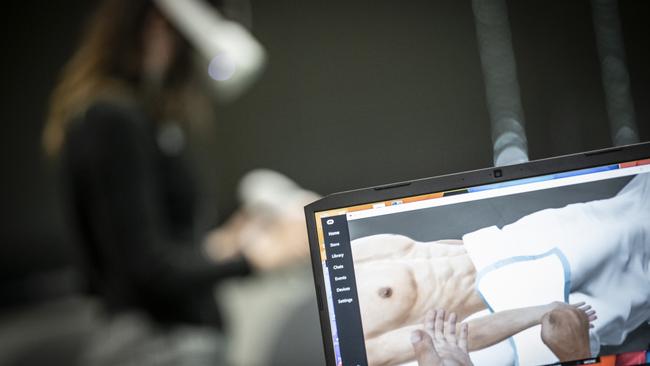
Business
Don't miss out on the headlines from Business. Followed categories will be added to My News.
The future of healthcare is virtual – student doctors and nurses who practise treating patients in virtual reality modules have been found to reduce medical errors as much as 40 per cent, according to research.
In the study, conducted by the University of Wollongong in partnership with Vantari VR, about four dozen students conducted arterial blood gas collection. Of those students, 25 were given training with Vantari VR’s Arterial Blood Gas insertion module, and 19 were not.
Those who received training were found to perform as much as 32 per cent better than students without training, were 39 per cent more likely to adhere to safety and hygiene standards, and made 40 per cent less errors.
In the study, university staff monitored the students completing procedures on virtual patients using a cloud-based platform called Vantari Connect.
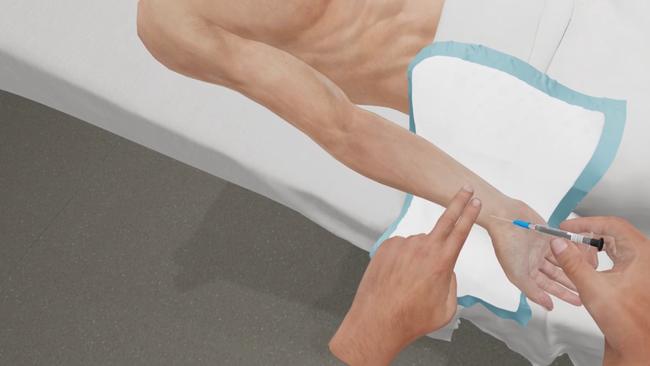
Heading up the project was lead researcher Shiva Pedram, from the university’s SMART Infrastructure Facility.
Dr Pedram said the study showed a statistically significant difference in confidence levels, hygiene compliance and stress levels.
“Confidence is very important, especially in medical contexts,” she said. “Those who undertook VR training did better than the control group and made less mistakes and the completion rate was higher.”
Dr Pedram said the use of VR in the medical industry was one of several new applications of the technology that could increase training opportunities and deliver cost-effective learning to remote areas. “What is important to understand is that virtual reality is going to complement existing tools,” she said.
“If we can offer students the opportunity of virtual reality to complement practical sessions, they can then complete training at their own pace and cost.”
Vantari VR was co-founded by Nishanth Krishnananthan and Vijay Paul in 2017.
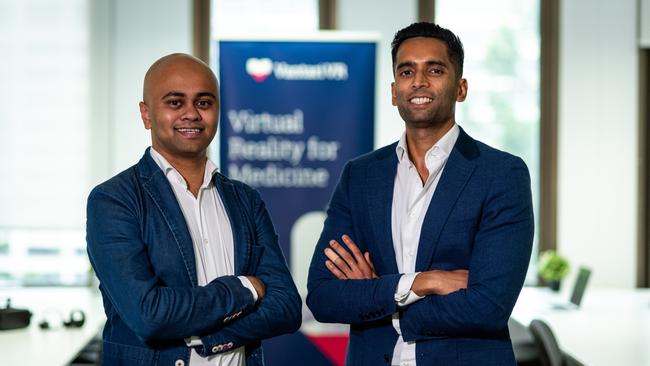
The idea behind the project stemmed from noticing a major gap in medical training and the limitations of mannequins, Dr Krishnananthan said.
“We saw that in flight simulation in the aviation industry, pilots had to do 1000s of hours before flying a plane. We thought why don’t we as clinicians do the same before we touch a patient,” he said. “I know if I was a patient or a family member of them, I’d certainly want that.”
Dr Krishnananthan said the vision of the business was to help eliminate medical error by helping clinicians, students and nurses practise procedures in a safe, scalable environment.
The business has seen a healthy interest from industry, signing partnerships with the Royal Prince Alfred Hospital, Westmead Hospital, Fiona Stanley Hospital, HCF, The Baird Institute, RPA Institute of Academic Surgery, Cicada Innovations and NSW Local Health District.
The ABG module performed in the study is one of several developed by Vantari Vr. Others include central venous catheterisation (ij), chest drain insertion (traumatic), umbilical vein cannulation, right heart catheterisation, intravenous cannulation (ivc) and chest drain insertion (seldinger).
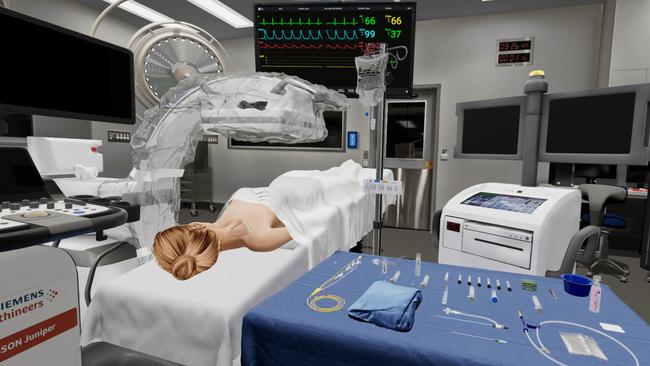
VR, once seen as a tool for gaming, had seen a major shift in focus, Dr Krishnananthan said.
“VR has been really predominantly in the industry for gaming, entertainment and even aviation, and it’s nice to see VR now being used for even more meaningful applications in healthcare where clinicians can train safely,” he said. “We’re a part of that shift or paradigm shift in training. And using something like virtual reality in a meaningful way means a lot for us because we can have a positive impact on the healthcare systems as a whole.”
Dr Pedram said Vantari VR’s module was one of the more interesting and impressive adaptations of VR the SMART Infrastructure Institute had seen recently.
Often innovative new technologies lacked real-world application, she said: “It’s very important to understand the human-centred design approach; we need to understand what are the needs, what are the requirements from the end user?”
Originally published as Sydney start-up Vantari VR signs partnerships with hospitals to use virtual training to erase errors




